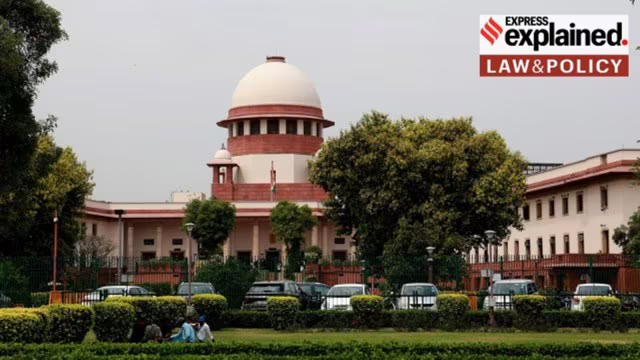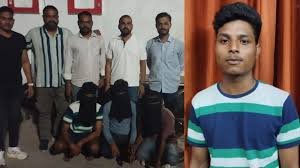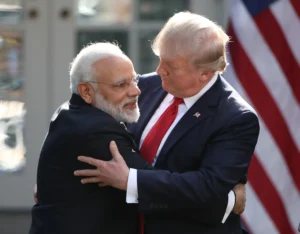
The Supreme Court has interpreted the Protection of Children from Sexual Offences Act (POCSO Act) to hold that governments have the obligation to impart sex education and create awareness among the general public about the statute.
The Court also underlined the importance of having a sensitive approach towards the victims of POCSO Act offences.
“By fostering a compassionate and understanding society, we can help them find their path to recovery and regain a sense of safety, dignity, and hope. This includes changing societal attitudes towards victims, improving legal frameworks to protect them, and ensuring that perpetrators are held accountable,” the Court held in a significant judgment today.
Today, the Supreme Court has held that mere storage of “child sexual exploitative and abuse material” (child pornography) without deleting or reporting the same would indicate the intention to transmit, and merely watching it without download would amount to “possession” under the Protection of Children from Sexual Offences Act, 2012 (POCSO Act).
A bench comprising CJI DY Chandrachud and Justice JB Pardiwala has interpreted Sections 43 and 44 of the POCSO Act and held that it also entails imparting sex education and awareness amongst the general public. It held: “We are of the considered view that the obligation of the appropriate government and the commission under Section(s) 43 and 44 of the POCSO respectively, does not end at just spreading awareness about the provisions of the POCSO.”
Section 43 of the POCSO obligates the Central Government and the State Government to undertake measures and ensure that the provisions of the said Act are given wide publicity through media including the television, radio and print media at regular intervals to make the general public, children as well as their parents and guardians aware of the legislation.
It further requires the appropriate government to also impart proper training at regular intervals to all government offices such as police on the implementation of the provisions of this Act.

Section 44 of the POCSO on the other hand obligates the National Commission for Protection of Child Rights and the State Commission for Protection of Child Rights constituted under the Act to regularly monitor and assist in the implementation of the provisions of this Act.
The Court added: “Since, one of the salutary and avowed object of the POCSO was the deterrence of offences of child sexual abuse and exploitation, thus, as a natural corollary, the obligation the appropriate government and the commission under the aforesaid provisions will also entail imparting of sex education and awareness amongst the general public, children as well as their parents and guardians, particularly in schools and places of education.
All steps and efforts of the appropriate government and the commission towards the compliance of Section(s) 43 and 44 must go beyond just the textual wording of the said provisions and ought to earnestly take into account the pragmatic necessities and requirements for curtailing the issue of child abuse, exploitation and addiction to pornography.”
Appearances: Senior Advocate HS Phoolka (for petitioner), Senior Advocate Swarupama Chaturvedi (for NCPCR, intervenor supporting petitioner), Prashant S. Kenjale (for accused), D Kumanam (for the State of TN, supporting petitioner)
How Supreme Court strengthened child pornography law
In 2019, the POCSO Act was amended to introduce three connected offences under Sections 15(1), (2) and (3) with increasing grades of punishment — from fines to a three to five year jail sentence.
 n a 200-page judgement, a Bench comprising Chief Justice of India D Y Chandrachud and Justice J B Pardiwala outlined a strict interpretation of what constitutes an offence of “storage of child pornography”.
n a 200-page judgement, a Bench comprising Chief Justice of India D Y Chandrachud and Justice J B Pardiwala outlined a strict interpretation of what constitutes an offence of “storage of child pornography”.
Tightening the law on child pornography, the Supreme Court on Monday said that even viewing, possessing, and not reporting such content is punishable under the Protection of Children from Sexual Offences (POCSO) Act regardless of whether it is shared or transmitted further.
In doing so, the SC set aside a Madras High Court decision from earlier this year where a single-judge Bench had quashed criminal proceedings against a 28-year-old man who had downloaded two pornographic videos involving children on his phone.
Discover more from
Subscribe to get the latest posts sent to your email.







